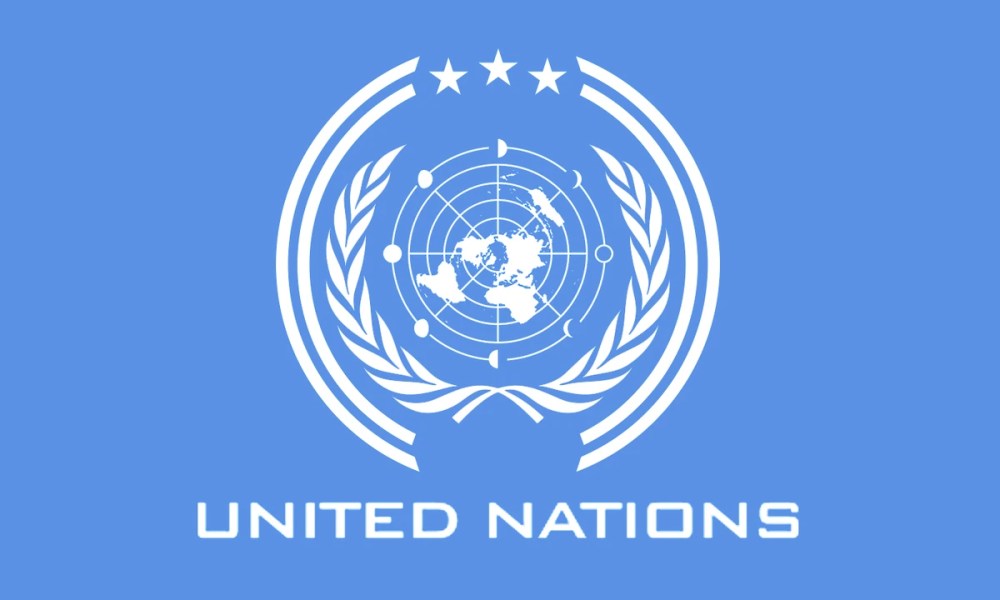A new United Nations report has accused Bangladesh’s former government of orchestrating systematic violence against protesters in an effort to retain power, warning that the actions could constitute “crimes against humanity.”
According to the UN, the government of former Prime Minister Sheikh Hasina carried out a brutal crackdown before her ousting in a student-led revolution last August. The report details widespread repression, including “hundreds of extrajudicial killings.”
The UN human rights office stated it had “reasonable grounds to believe that the crimes against humanity of murder, torture, imprisonment, and infliction of other inhumane acts have taken place.”
These acts, allegedly carried out with the involvement of Hasina’s Awami League party, as well as Bangladesh’s security and intelligence services, were part of “a widespread and systematic attack against protesters and other civilians,” the report found.
Hasina, now 77, has fled to neighboring India and has so far refused to comply with an arrest warrant to face trial for crimes against humanity in Bangladesh.
The investigation was initiated by Bangladesh’s interim leader, Mohammed Yunus, who requested a UN fact-finding mission to examine the events. The team included human rights investigators, a forensic physician, and a weapons expert.
Read also: UK tightens immigration rules, denies citizenship to undocumented migrants
Yunus welcomed the findings, stating his commitment to turning “Bangladesh into a country in which all its people can live in security and dignity.”
The UN report is based on over 230 interviews with victims, witnesses, protest leaders, and rights activists, as well as reviews of medical records, photos, videos, and other documentation.
The findings indicate that Hasina’s government, with the backing of security forces, responded to protests with escalating violence. What began as demonstrations against civil service job quotas quickly evolved into a broader movement demanding her resignation.
The report estimates that “as many as 1,400 people may have been killed” over a 45-day period, with thousands more injured.
The UN rights office said that the “vast majority of those killed were shot by Bangladesh’s security forces,” noting that children accounted for 12 to 13 percent of the casualties.
This figure significantly exceeds the latest estimate from Bangladesh’s interim government, which reported 834 deaths.
Describing the crackdown as deliberate and coordinated, UN rights chief Volker Turk condemned the former government’s actions.
“The brutal response was a calculated and well-coordinated strategy by the former government to hold onto power in the face of mass opposition,” Turk stated.
“There are reasonable grounds to believe hundreds of extrajudicial killings, extensive arbitrary arrests and detentions, and torture were carried out with the knowledge, coordination, and direction of the political leadership and senior security officials as part of a strategy to suppress the protests.”
The report paints “a disturbing picture of rampant state violence and targeted killings,” he added.
Investigators also documented gender-based violence, including threats of rape intended to discourage women from participating in protests.
Additionally, the report details how security forces “killed and maimed children, subjected them to arbitrary arrest, detained them in inhumane conditions, and tortured them.”
While the primary focus was on government-led violence, the UN report also acknowledged “lynchings and other serious retaliatory violence” against police and Awami League officials or supporters.
Turk emphasized the need for accountability, saying, “Justice is essential for national healing and for the future of Bangladesh.”
He urged the country to confront the crimes committed during this period, calling for “a comprehensive process of truth-telling, healing, and accountability” to prevent such human rights abuses from occurring again.





